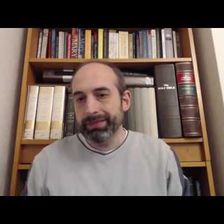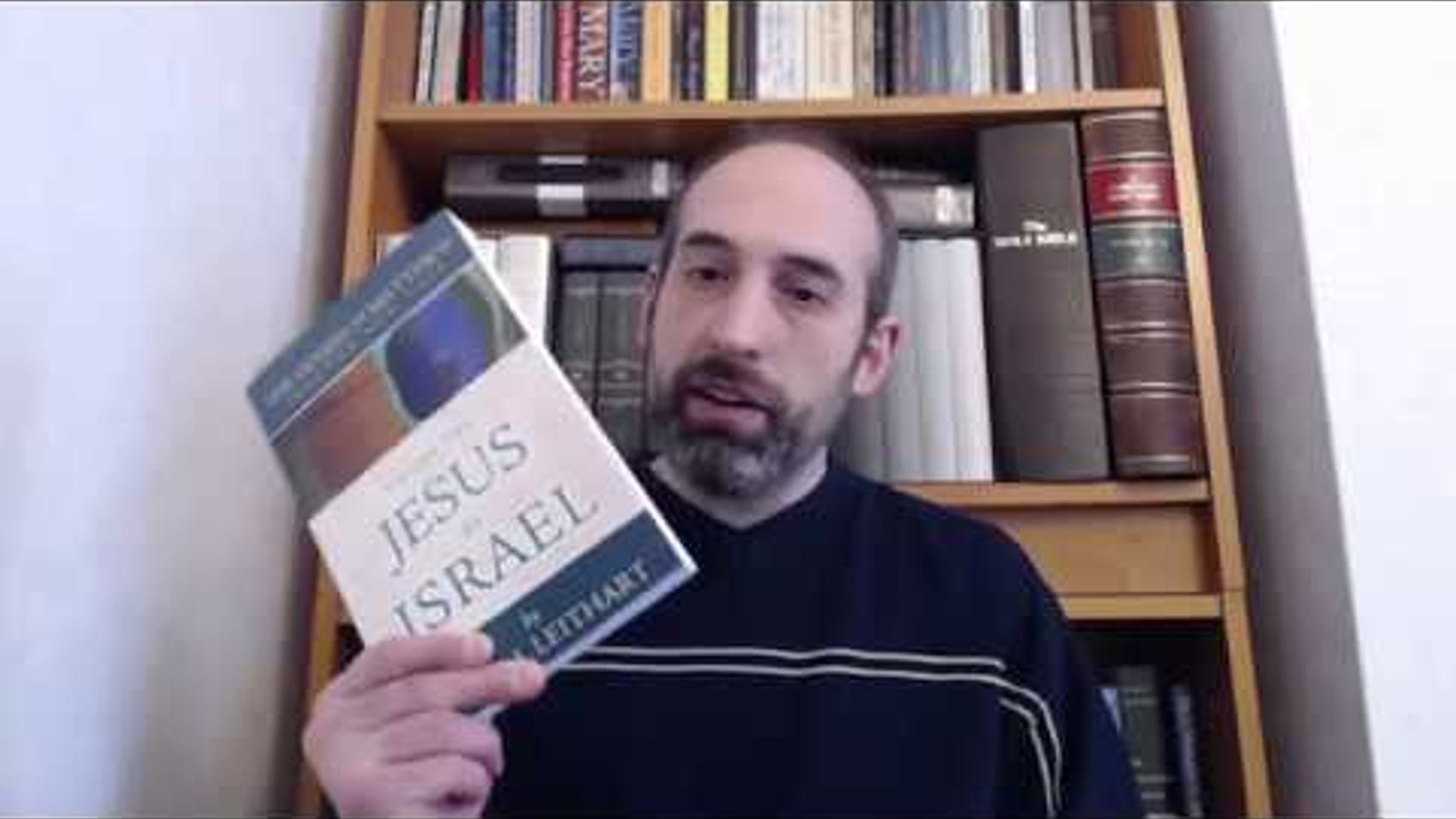Q&A#115 Seventy Times Seven

Today's question: "Do you know if there is any connection between the “seventy and sevenfold” of Genesis 4:24 and Jesus’ “seventy times seven” in Matt 18:22?"
Within this episode, I reference Peter Leithart's recently released second volume of his Matthew commentary, available for purchase here: https://amzn.to/2TCJYRk. I also reference James Jordan's The Handwriting on the Wall: https://amzn.to/2u7UpNB.
My blog for my podcasts and videos is found here: https://adversariapodcast.com/.
If you have any questions, you can leave them on my Curious Cat account: https://curiouscat.me/zugzwanged.
If you have enjoyed these talks, please tell your friends and consider supporting me on Patreon: https://www.patreon.com/zugzwanged. You can also support me using my PayPal account: https://bit.ly/2RLaUcB.
The audio of all of my videos is available on my Soundcloud account: https://soundcloud.com/alastairadversaria. You can also listen to the audio of these episodes on iTunes: https://itunes.apple.com/gb/podcast/alastairs-adversaria/id1416351035?mt=2.
More From Alastair Roberts






More on OpenTheo















